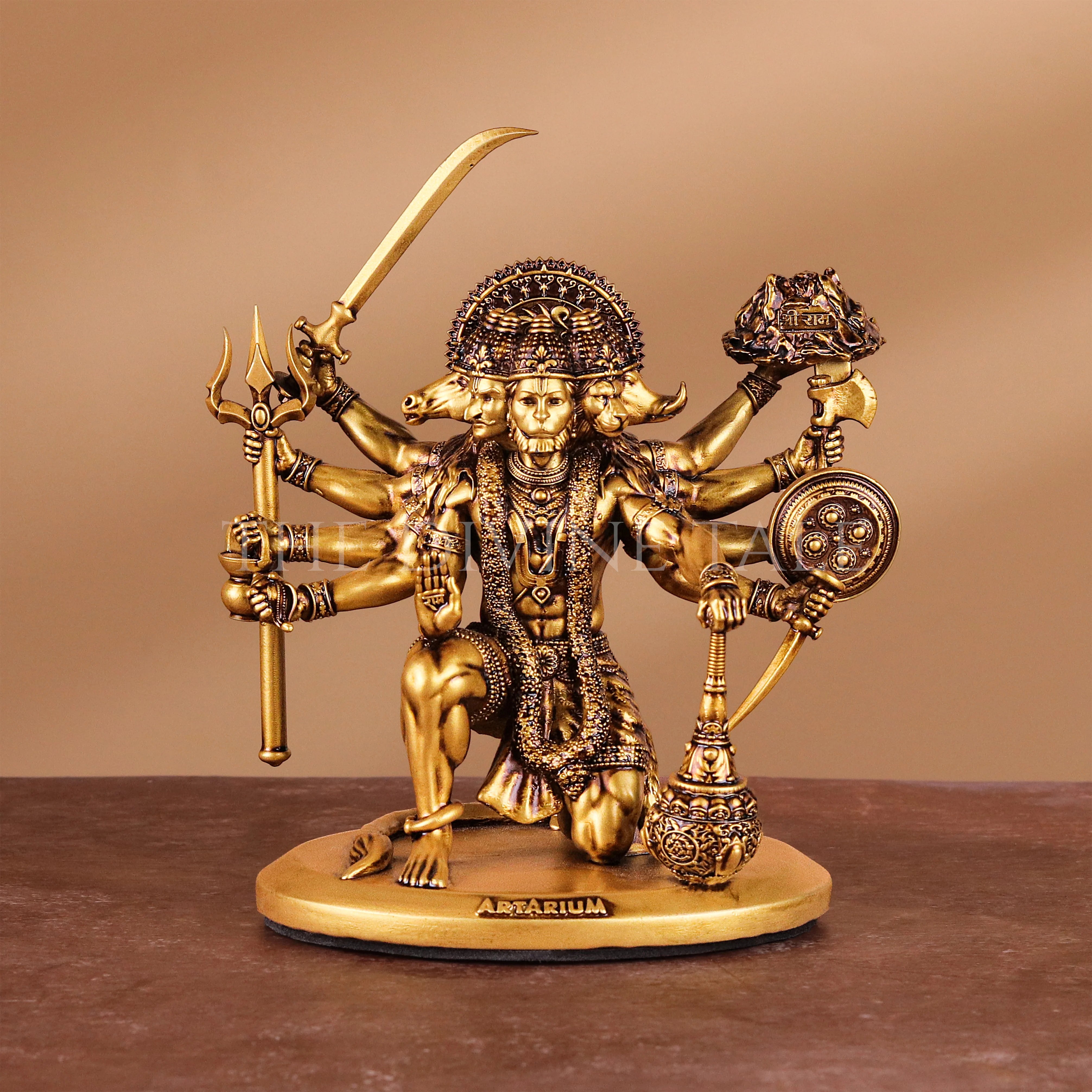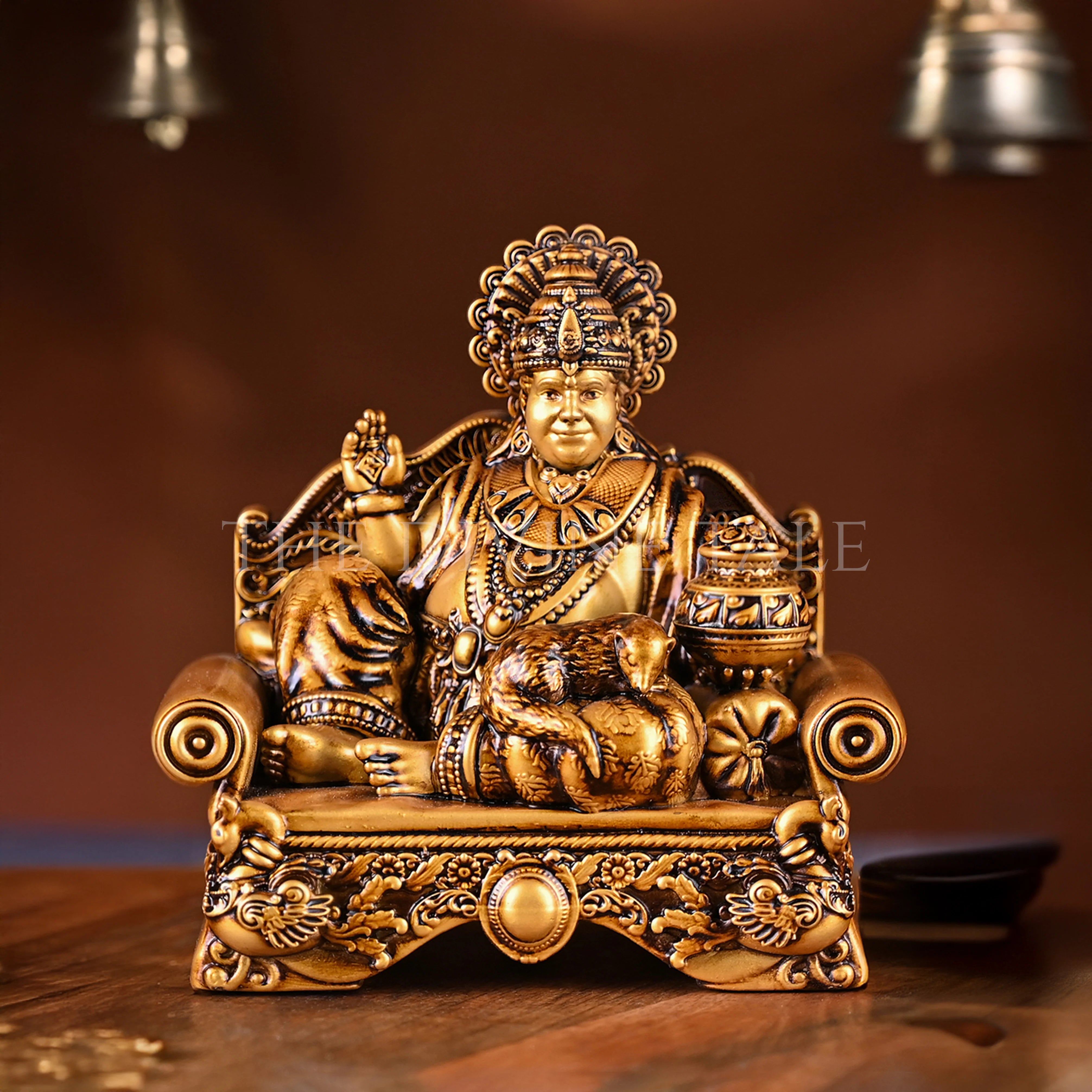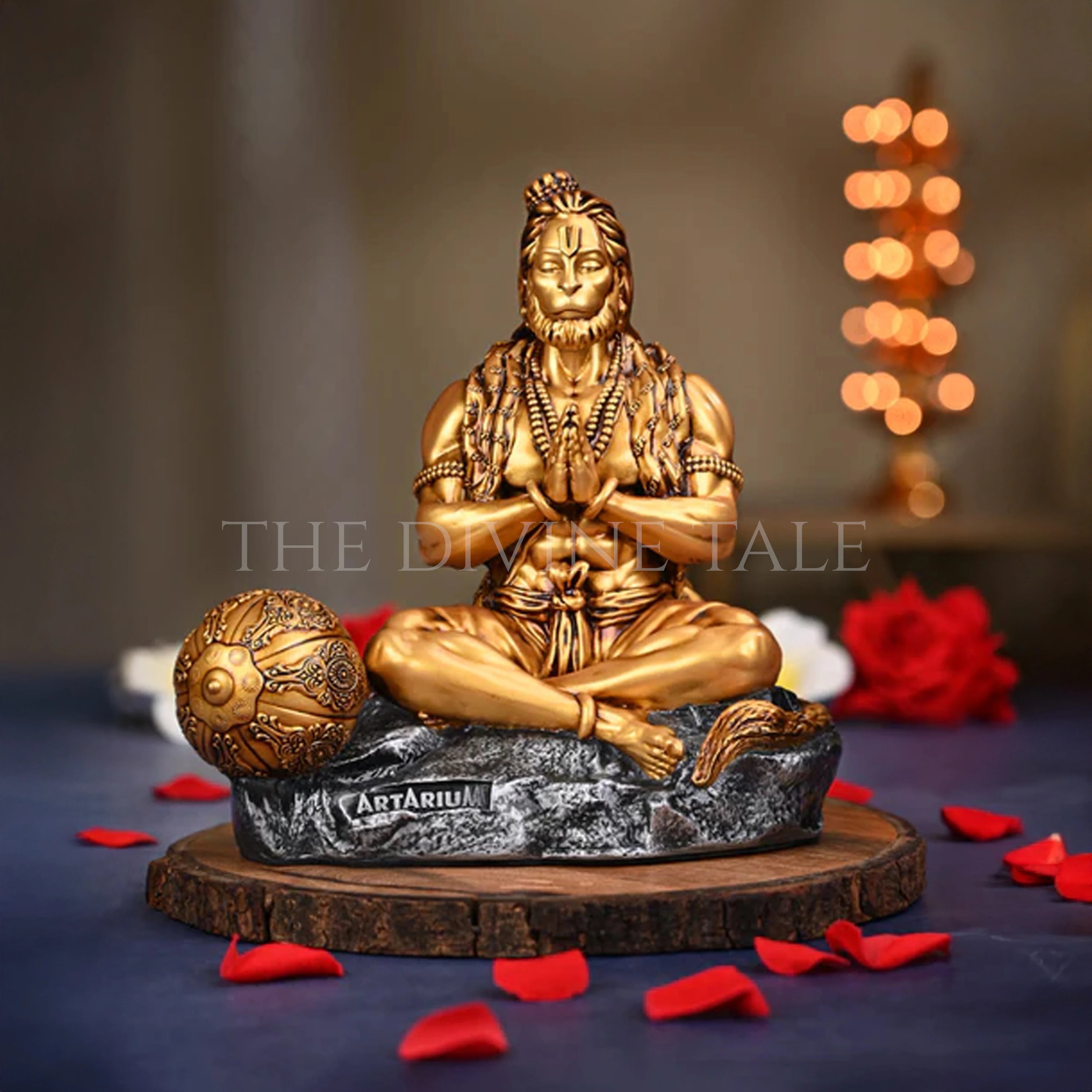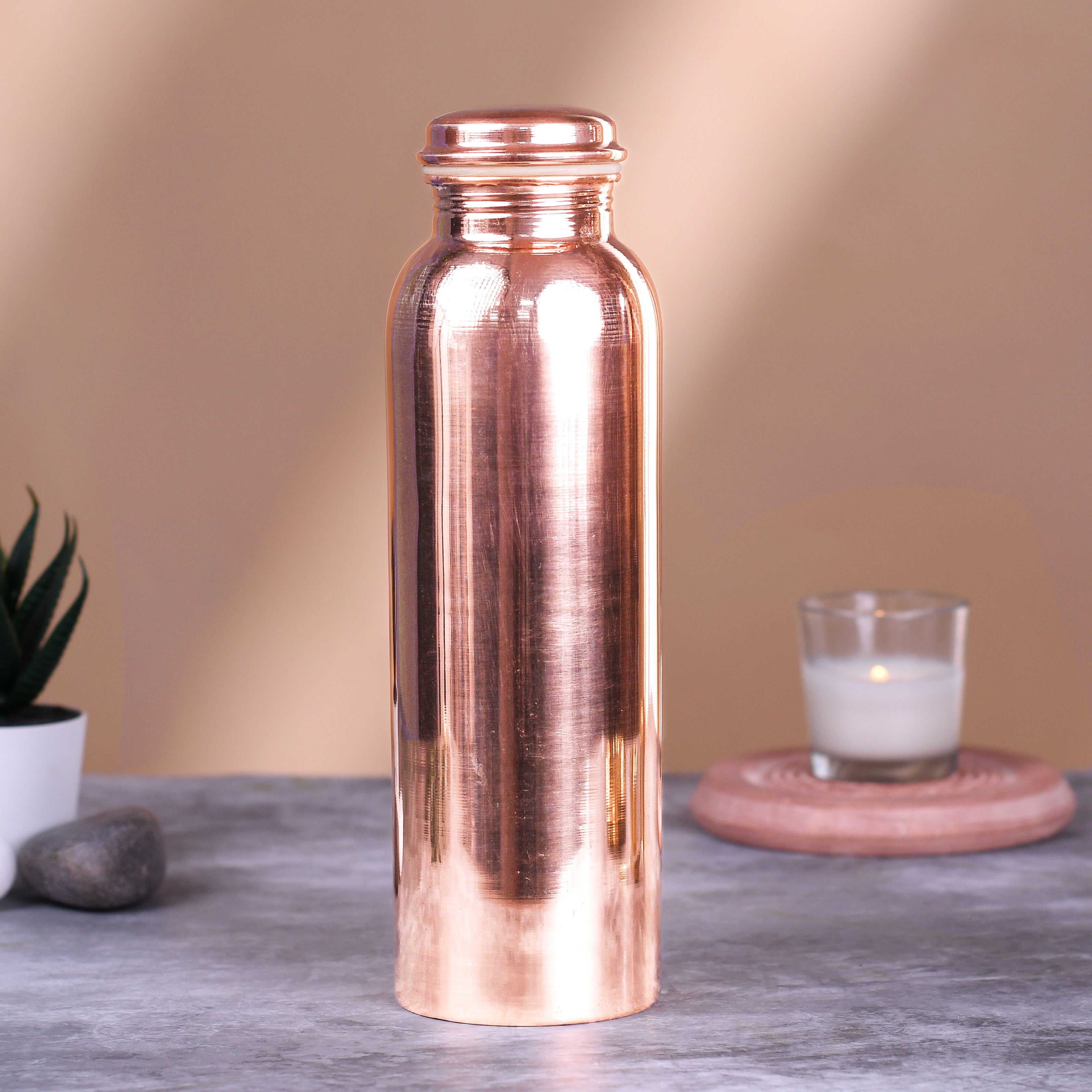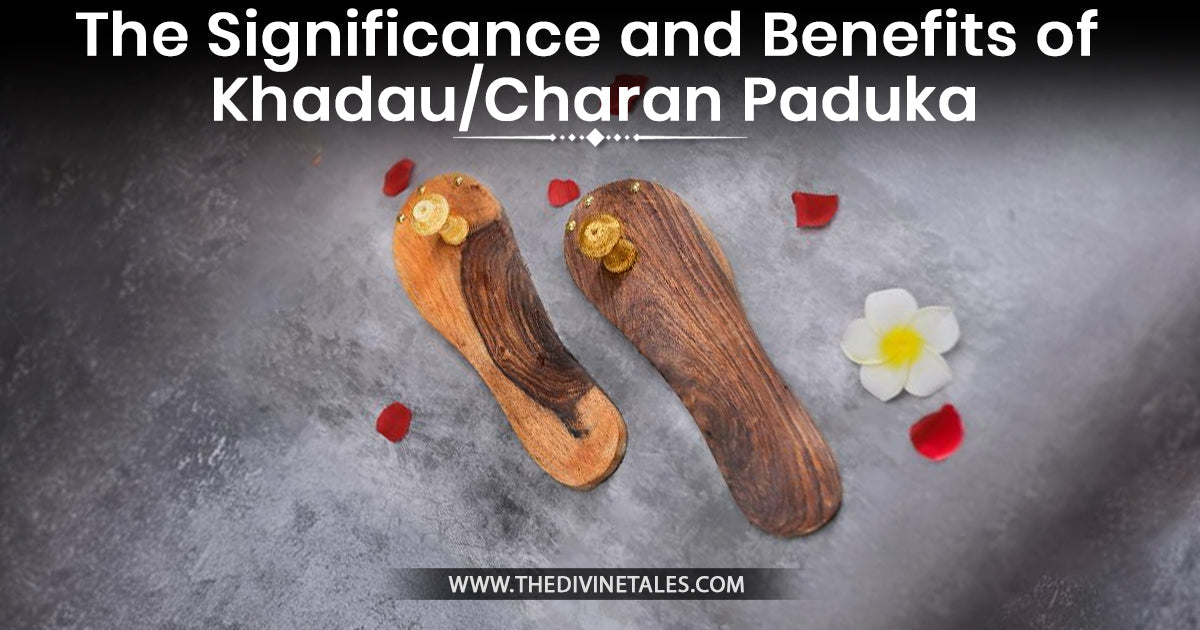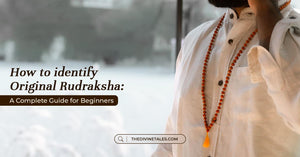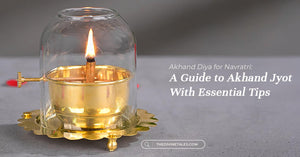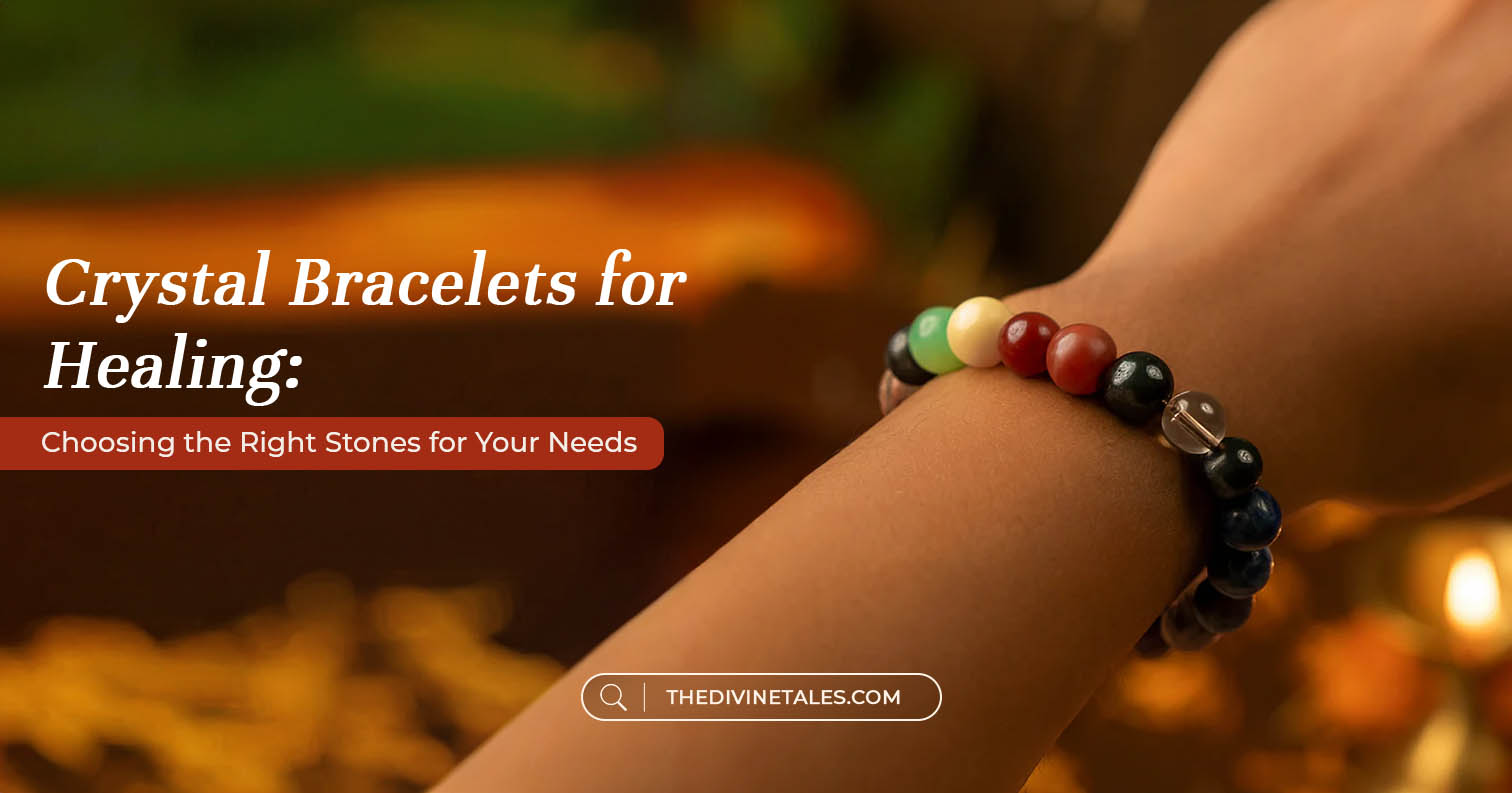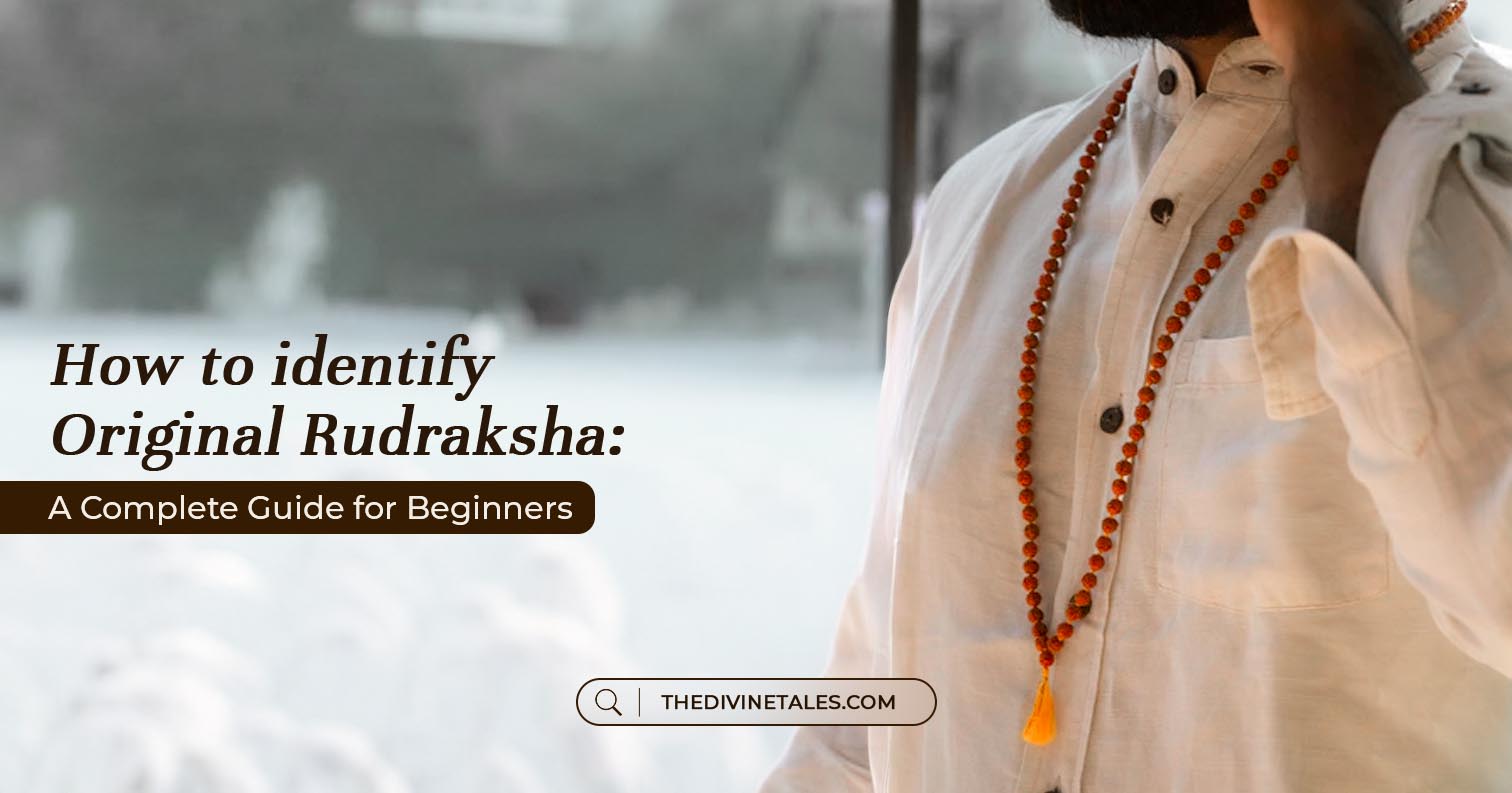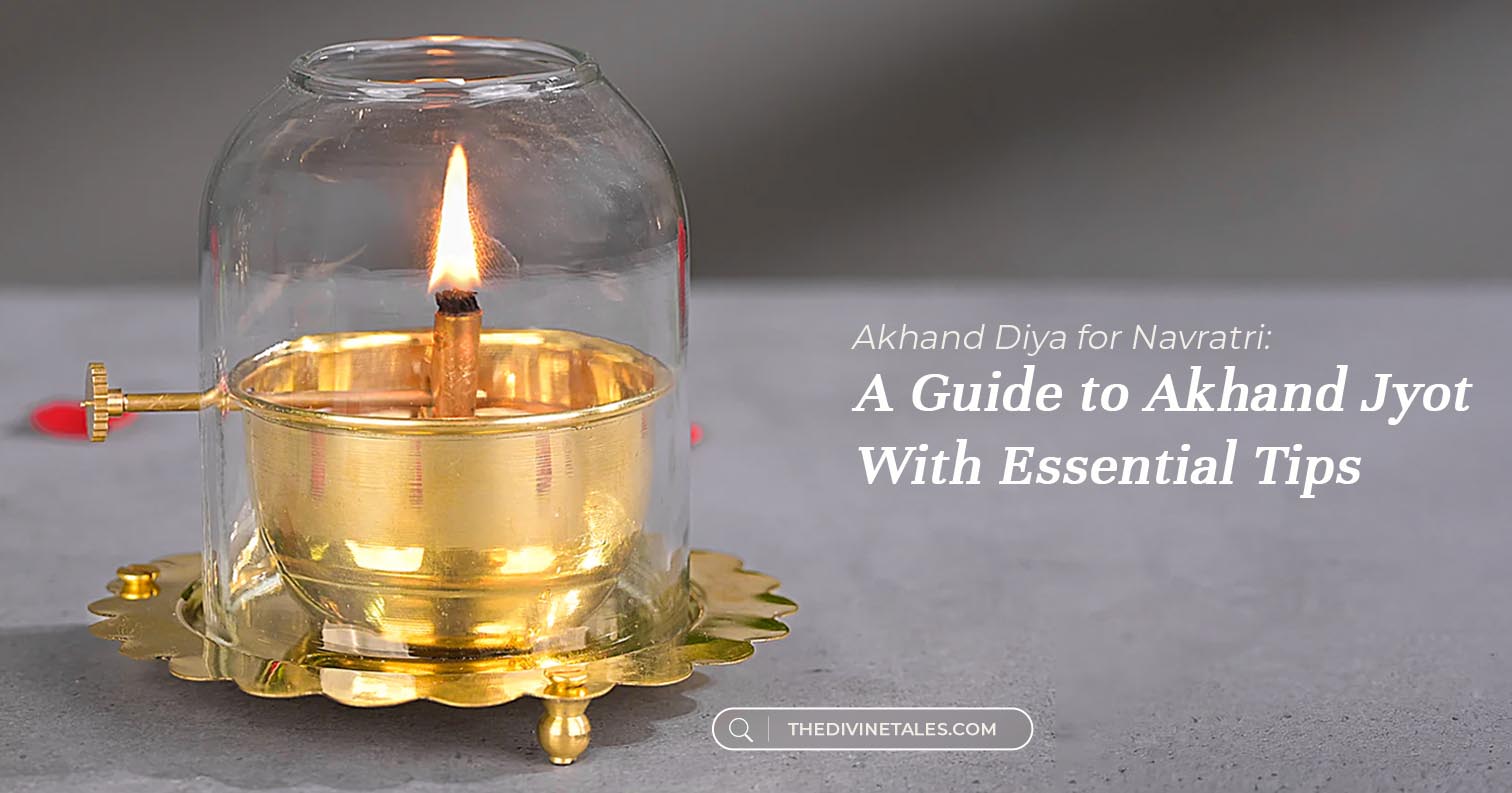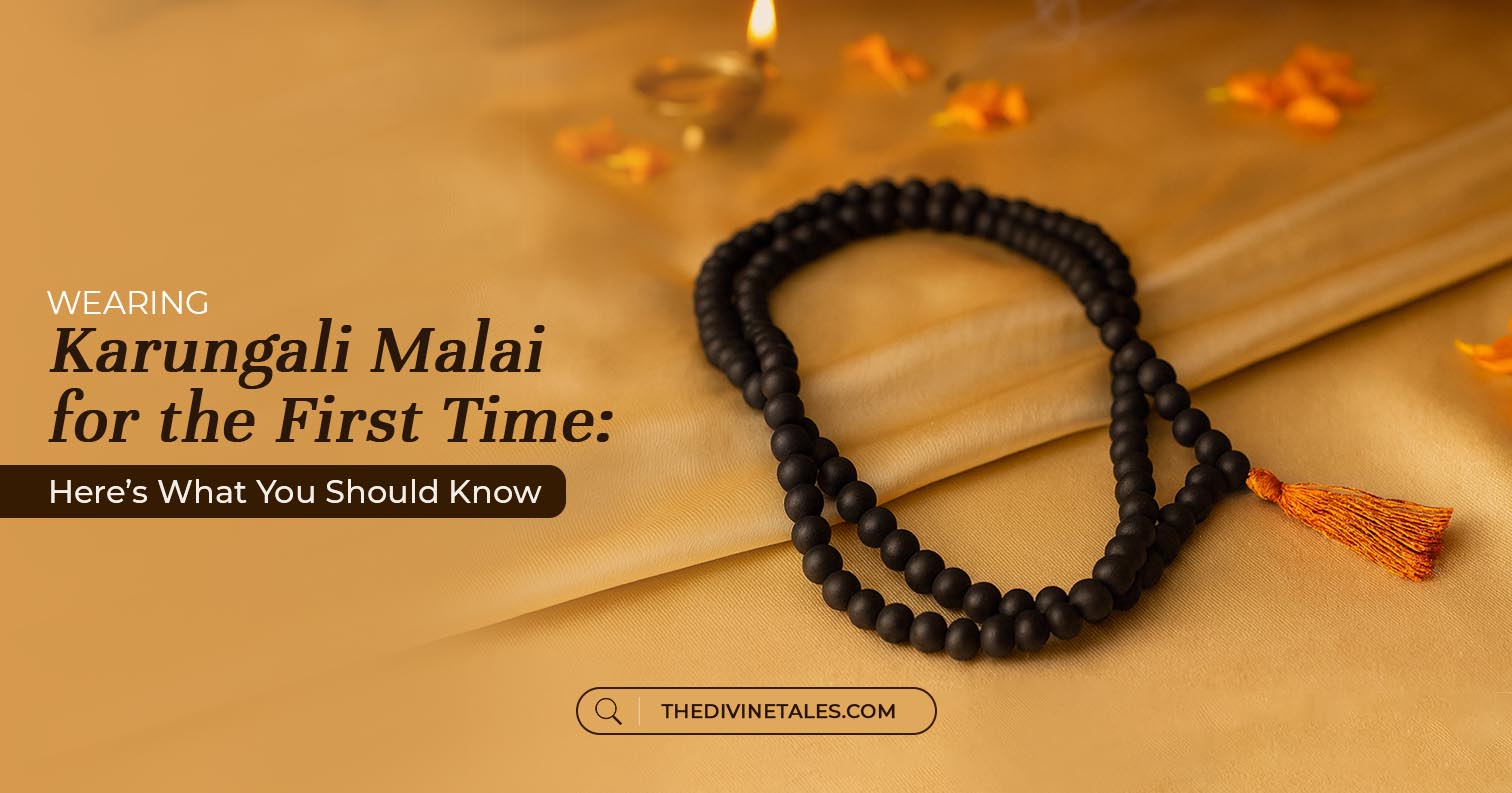If you’ve ever seen depictions of ancient sages, saints, or even Lord Vishnu and Lord Krishna, you might have noticed their footwear – a simple, flat piece of wood with a toe knob. This is the khadau, often referred to as charan paduka in spiritual contexts. The khadau chappal has been an integral part of Indian culture for centuries. And they are not just practical but also hold symbolic significance.
In Hindu culture, khadau represents humility and simplicity. Wearing them is often seen as a way to stay grounded – both literally and metaphorically. In old age, the saints and sages wore khadau as a reminder of their detachment from materialistic life and their connection to nature.
Benefits of Wearing Khadau

Khadau chappals not only hold traditional values but also have some practical ones. Here are some benefits of using these wooden sandals and why they are still relevant today:
1. Health Benefits of Wooden Khadau
The design of khadau is inherently natural. Made from wood, they are often carved from neem or sandalwood, both of which have medicinal properties. It is believed that walking on these wooden slippers stimulates acupressure points in the feet, which promotes blood circulation and reduces stress. More so, the flat, rigid sole aligns the foot naturally, which helps aid issues like flat feet.
2. Eco-Friendly and Sustainable
In today’s world of synthetic footwear, khadau is one of the best eco-friendly alternatives. Crafted from wood, they are biodegradable and have a much smaller carbon footprint than plastic or rubber shoes and sandals. Hence, when you choose a pair of khadau, you’re not just embracing tradition but also contributing to sustainability.
3. Symbol of Spiritual Connection
Wearing khadau is believed to connect you with the earth’s energy. It’s a simple reminder to stay grounded while striving for higher spiritual goals.
How Khadau is Made - The Craftsmanship

One of the most fascinating aspects of khadau chappals is how they are made.
Traditional artisans carve them out of a single piece of wood, often with intricate designs. The toe knob, though small, is an essential part of the sandal, which requires precision to ensure comfort.
However, today you can find Khadau in various designs and styles – some are plain and functional, while others are adorned with carvings and even inlaid with metal or semi-precious stones, which make them no less than a piece of art.
Khadau – The Modern World Significance
Does khadau fit in the fast-paced, urban lifestyle of today? Surprisingly, Yes.
Many yoga practitioners and spiritual gurus prefer wooden slippers for their grounding energy. Besides, they’re also gaining popularity among eco-conscious individuals who appreciate their minimalistic and sustainable design.
Even in fashion, khadau has found a niche. Today, many designers are seen blending traditional craftsmanship with contemporary aesthetics, to create wooden sandals that are both stylish and functional. However, nothing beats the traditional design and functionality of authentic khadau.
How to Care for Your Khadau?
If you’re considering buying a pair of khadau, it’s important to know how to care for them. Since they are made of wood, avoid prolonged exposure to water, which can cause warping or cracks.
Besides, make sure to clean them regularly with a dry cloth. You can also consider applying a wood-friendly polish to keep them in excellent condition.
Know that with proper care, your wooden khadau can last for years, becoming a special part of your life.
Takeaway
In a world filled with fast fashion and fleeting trends, the Khadau Chappal is the perfect example of simplicity and sustainability. These wooden slippers are not just about walking; they’re about walking with purpose – whether it’s toward a greener planet, better health, or a deeper connection with tradition.
If you’ve never tried khadau before, maybe it’s time to take that first step. Slip into the past, feel the grounding energy, and experience the timeless elegance of wooden khadau. Who knows? You might find that these ancient sandals have a lot to offer in our modern lives.
Read more:- Benefits of Tulsi Mala | Benefits of 6 Mukhi Rudraksha

